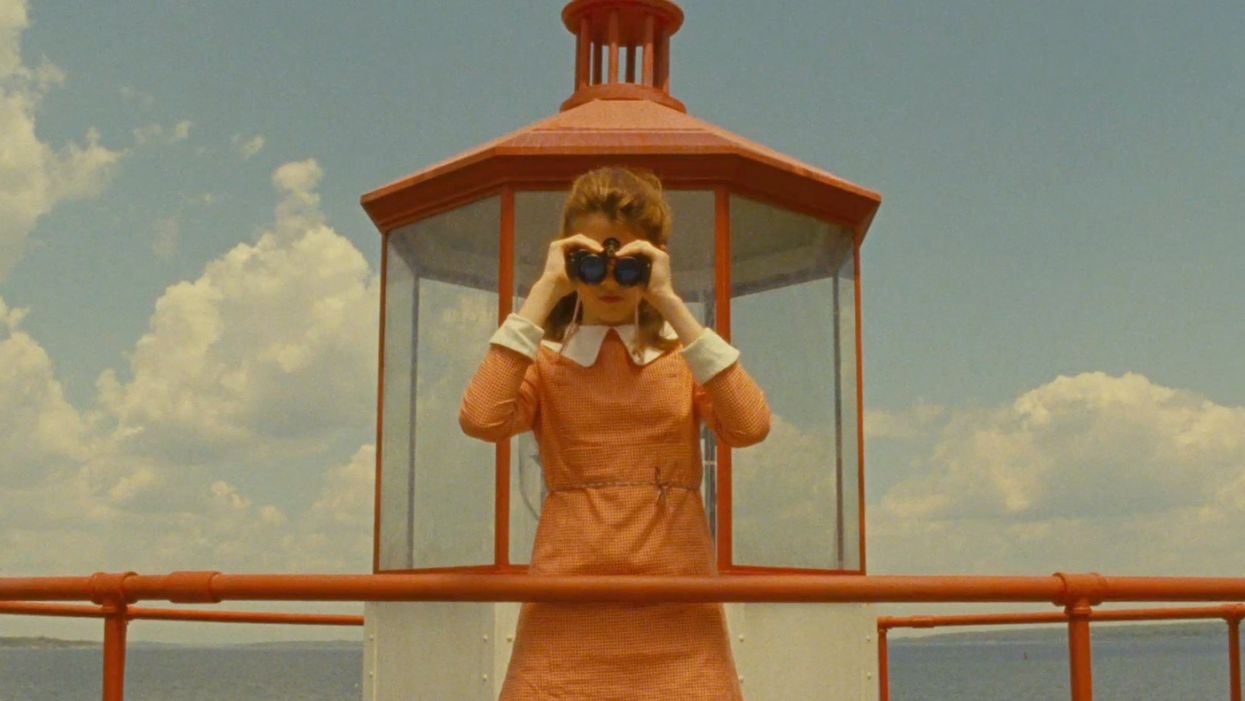The Mise En Scène of Wes Anderson, a Video Essay Examining the Director's Quirky Style

There are very few filmmakers working today whose films are so heavily marked by their DNA, so much so that they're recognizable to cinephiles and casual moviegoers alike. One of these filmmakers is Wes Anderson. Most people know a Wes Anderson movie when they see it; the distinguishing color palette, signature camera moves, the many, many overhead shots, but there is much, much more to be said about his visual themes. Nelson Carvajal peeks inside the director's imaginative world in this excellent video that showcases some of Anderson's best films, as well as voiceovers from interviews with the director in which he talks about his artistic sensibilities.
I know that it may not be super en vogue to admit, but Wes Anderson inspires the crap out of me (classy, I know), probably because Anderson himself seems to be inspired by early European cinema. Homages from the films of directors like Godard (the color palette from Pierott le Fou), Truffaut (the 3-way race scene in Jules et Jim), and Fellini (the Christ statue to that in La Dolce Vita is similar to the one in his Prada commercial Castello Cavalcanti) can be seen all over Anderson's work.
However, though he's never worked in theater, much of his inspiration comes from it, like the long takes his films are known for. But Anderson has become an auteur in his own right with a style that is one of the most recognizable in the industry. As you'll see in the video, he is relentlessly attentive to detail -- every blocking decision, set design, and camera movement carefully mapped out ahead of time (though, as Anderson explains, can never be fully imagined and calculated before you shoot).
Check out Carvajal's video, which was shared via Way Too Indie:
For more thoughts on Wes Anderson's stylistic approach, be sure to read Carvajal's Way Too Indie article. He shares plenty of great inside into the sensibilities of the director.
Some say Anderson's work has become repetitive. Do you think he should stay true to his style, or branch out? Does Anderson's work inspire your own? How? Let us know in the comments below.
Link: Nelson Carvajal -- Vimeo
[via Way Too Indie & The Playlist]











